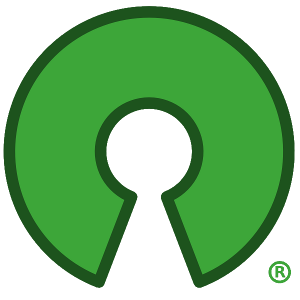
Kevin P. Fleming has 30+ years of programming experience, with almost every major programming language. Industry experience includes traditional client/server database applications, open source messaging and networking, and mainframe operating systems. Kevin's primary skill is producing solutions that use resources effectively through problem analysis and solution design. Kevin joined Red Hat in January of 2022 to support the creation and delivery of Red Hat’s software products, which are entirely based on open source software. Prior to that he was the open source and open technology community coordinator at Bloomberg. His responsibilities included Bloomberg’s collaboration with the open source community, ensuring that Bloomberg’s engineering team could contribute innovations and advances in a wide variety of projects and technical domains.
I would like to re-envision the Incubator Project program, to encourage more projects to join the OSI's umbrella, and to provide a well-planned and organized path for those projects to exit incubation and become full-fledged members of the OSI community.
I have passion for the combination of 'community' and 'open source' and I want to leverage my talents to help the OSI community grow and increase in relevance. I've supported a number of large open source communities wearing my 'work' hat at various times, but I think I can achieve similar results wearing my 'personal' hat as a member of the OSI's board of directors.

.jpg)
Comments
Submitted by nwillis on Wed, 2022-03-16 10:59 Permalink
Candidate questions
Hello, I have a small set questions ....
(1) What's the nature of your role at Red Hat? What products do you work on; are you in engineering, legal, sales, etc? "Supporting" products could mean almost anything; this question is seeking clarification for the details of your connection to open-source software.
(2) You also note in your comments that you just joined Red Hat in January. Is that enough time to have settled into your role, and be certain that you (a) have the time required to serve as an OSI director and (b) know how serving as an OSI director will and won't interact with your job requirements?
(3) On a tangentially related note, there are two Red Hat employees running for a seat in this election. Did the two of you coordinate your decisions to campaign? Is it appropriate for a single vendor to take multiple seats on a board of eight elected members?
(4) Again, an offshoot of the preceding question. Do you see an Individual board seat as an obligation to represent the voice and priorities of the voters? Or, if elected, will you represent Red Hat's interests?
(5) Regarding the "contribution" section, what do you mean by advocating for projects to "join the OSI's umbrella"? Presumably this means working groups (although please feel free to elaborate if not) rather than, say, code/resource hosting; are you referring to existing, outside projects you would like to see OSI annex? If so, which ones?
Submitted by kfleming on Thu, 2022-03-17 07:27 Permalink
Answers to questions